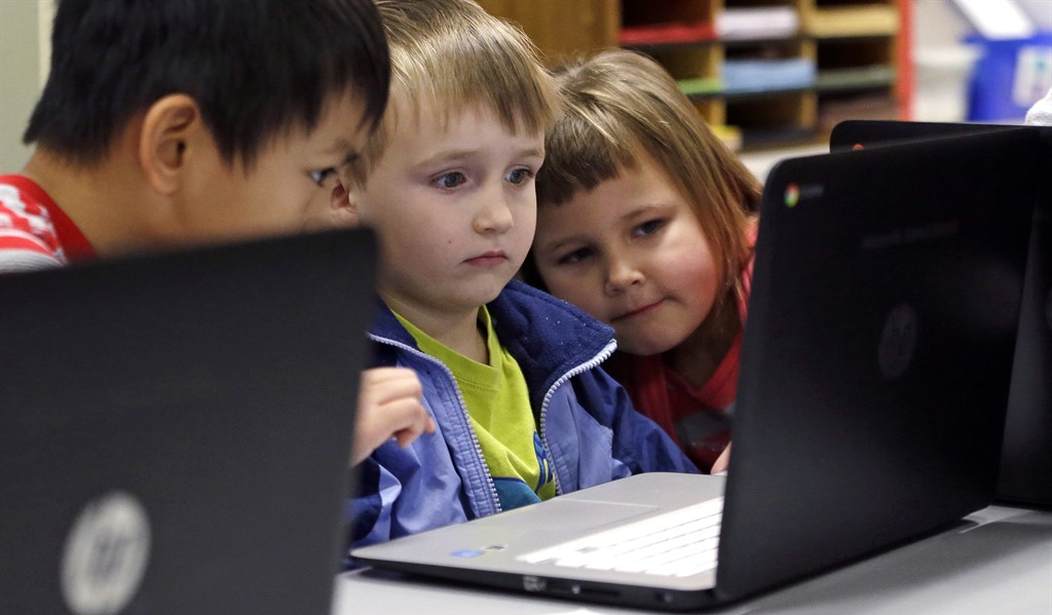Research of the technology sector, one of our nation’s fastest growing industries, has revealed a significant trend in the market over the past few years: consumer choice. Some analysts have explained that this theme can be attributed to a shift from a first time buyer market, where consumers are purchasing items like a cell phone or a tablet for the first time, to a replacement market, where buyers are seeking new and improved models or alternatives for their current devices. This change in market identity directs attention to individual attributes and features in products and services that ultimately increase the choices available to the consumer. In the end, costumers benefit from the robust amount of options and the heightened focus on their demands.
Choice in the marketplace can create a potent shift in decision-making power. This same effect can take place in other societal institutions as well. Unfortunately for millions of families across the country, choice has historically played a minimal, or non-existent, role in our nation’s K-12 public education system.
America is a beacon of freedom, in part, because of our recognition of individual rights and personal liberty. In fact, our Constitution was largely created to protect those liberties from the power of government. Yet, while the basis for individual rights are largely premised on the idea that human beings are all unique, with varying perspectives and desires, we entrust the education of our children, the future of our nation, to a system that is structured for the masses and not the individual.
Thankfully, parents, students, and community leaders across the country have joined together in a movement for parental choice and increased educational opportunities over the past few decades, illuminating unnecessary barriers for children and expanding options for parents one state and community at a time.
Programs that expand educational choice for American families are now helping students across the country every day. Oklahoma’s Lindsey Nicole Henry Scholarship, for example, provides vouchers to students with special needs to attend a private school of their parents’ choice. Hundreds of families are now taking advantage of the voucher and can now receive an education that might once have seemed out of reach. Other programs, like tax-credit scholarships, allow low-income families to attend private institutions through donations from local businesses. The newest trend in choice programs, however, is Education Savings Accounts (ESA), which allow parents to use all or a portion of their state’s public education funding for their child to pay for certain educational services like private school tuition or tutoring.
Recommended
These reforms are the vehicles of change – the instruments of evolution for public education in America. Yet, while change is a universal principle in the human existence, it is rarely met without at least some hesitation. The expansion of school choice programs across the continent, however, is a testament to the public’s thirst for options and opportunities in a public education system that is historically generic and often inflexible.
This week, thousands of Americans will join together at state capitols and meetings halls across the country to commemorate National School Choice Week. This weeklong celebration aims to raise awareness of educational options available to students and parents, and to remind citizens and elected officials of the importance of educational choice. Policymakers at every level of government should pay attention to these important discussions and take note of how school choice programs have empowered thousands of students and parents across the country.
The famed entrepreneur and tech executive Steve Jobs once said that it is innovation that “distinguishes between a leader and a follower.” Today, state lawmakers and executives have an opportunity to distinguish themselves through free-market ingenuity. Policymakers should embrace educational choice to achieve a rare phenomenon in American political discourse today: genuine leadership. Through the same principles of innovation that brought mankind from the dark age to the information age, states can move beyond the one-size-fits-all public education system of yesterday and can the make the system of tomorrow a reality, where parental choice and opportunities for children are far more important than rigid geographical boundaries or bureaucratic monopolies.
























Join the conversation as a VIP Member